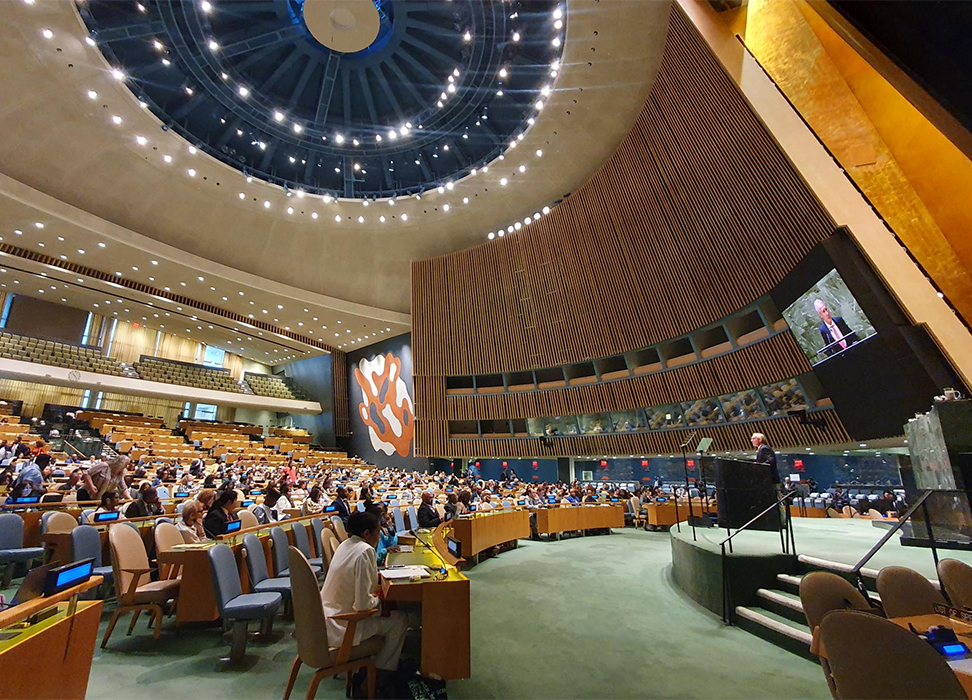Racism
Making concrete moves to end racism globally

Global reparatory justice, Pan-Africanism, dignity, justice, peace, migration, systemic and structural racism, access to health, and intergenerational trauma are some of the topics addressed by the UN Permanent Forum on People of African Descent.
According to Gaynel Curry, a member of the Permanent Forum and Bahamas national, it is a space imagined, demanded, and created by people of African descent for people of African descent.
“The Forum allows people of African descent to have a dialogue, to see where we are, to understand the challenges and appreciate what more needs to be done and in which areas,” she said. “I think the Forum itself is already an opportunity for us to think about how we can concretely respond.”
Pastor Murillo, a member of the Forum and Colombian national, believes that the symbolic impact of the Forum has already been substantial.
“For the first time after Durban, people of African descent have entered the United Nations and manifested their opinions massively,” he said. “For the delegations to find the African diaspora at its best was impressive, there were representatives from more than 155 countries. We are now more visible, before we were in the shadows.”
When the General Assembly adopted its resolution 75/314 in 2021, the Permanent Forum became a reality. The Forum is a consultative mechanism for people of African descent and a platform for improving their safety and quality of life and livelihoods, as well as an advisory body to the Human Rights Council, in line with the programme of activities for the implementation of the International Decade for People of African Descent and in close coordination with other existing mechanisms.
This past July, one of the key recommendations issued by the Permanent Forum is a call to Member States to proclaim a Second International Decade for People of African Descent. This International Decade would focus on reparatory justice, recognition, equity, and address systemic racism and structural racial discrimination at the local, national, regional, and global levels. This conclusion was highlighted because research, education, and public awareness raising on the histories and legacies of colonialism and enslavement of Africans and people of African descent are key to advance racial equity.
There was also a recommendation to create a specialised International Tribunal within the UN to deal with reparations for slavery, apartheid, genocide, and colonialism.
Read the full article here












You must be logged in to post a comment Login